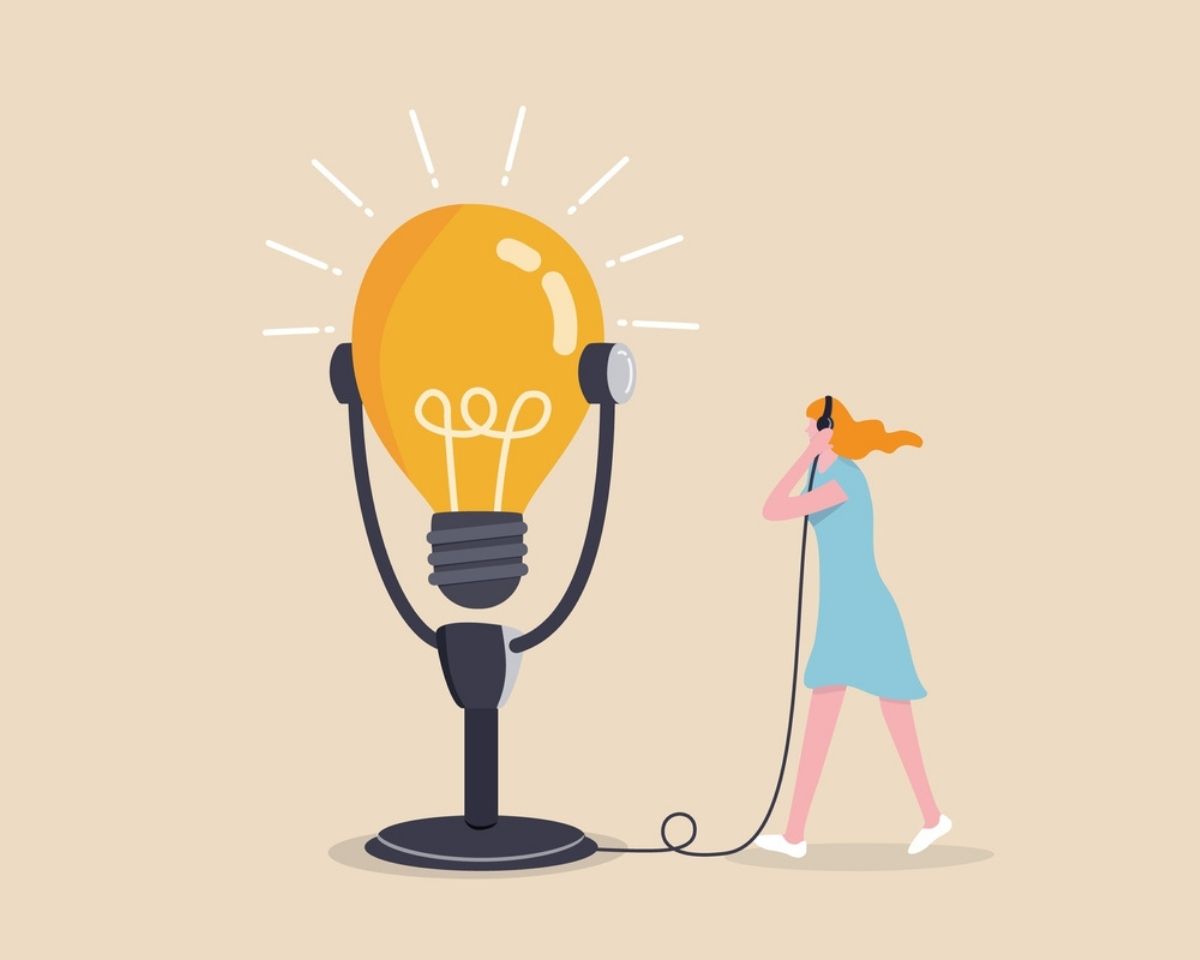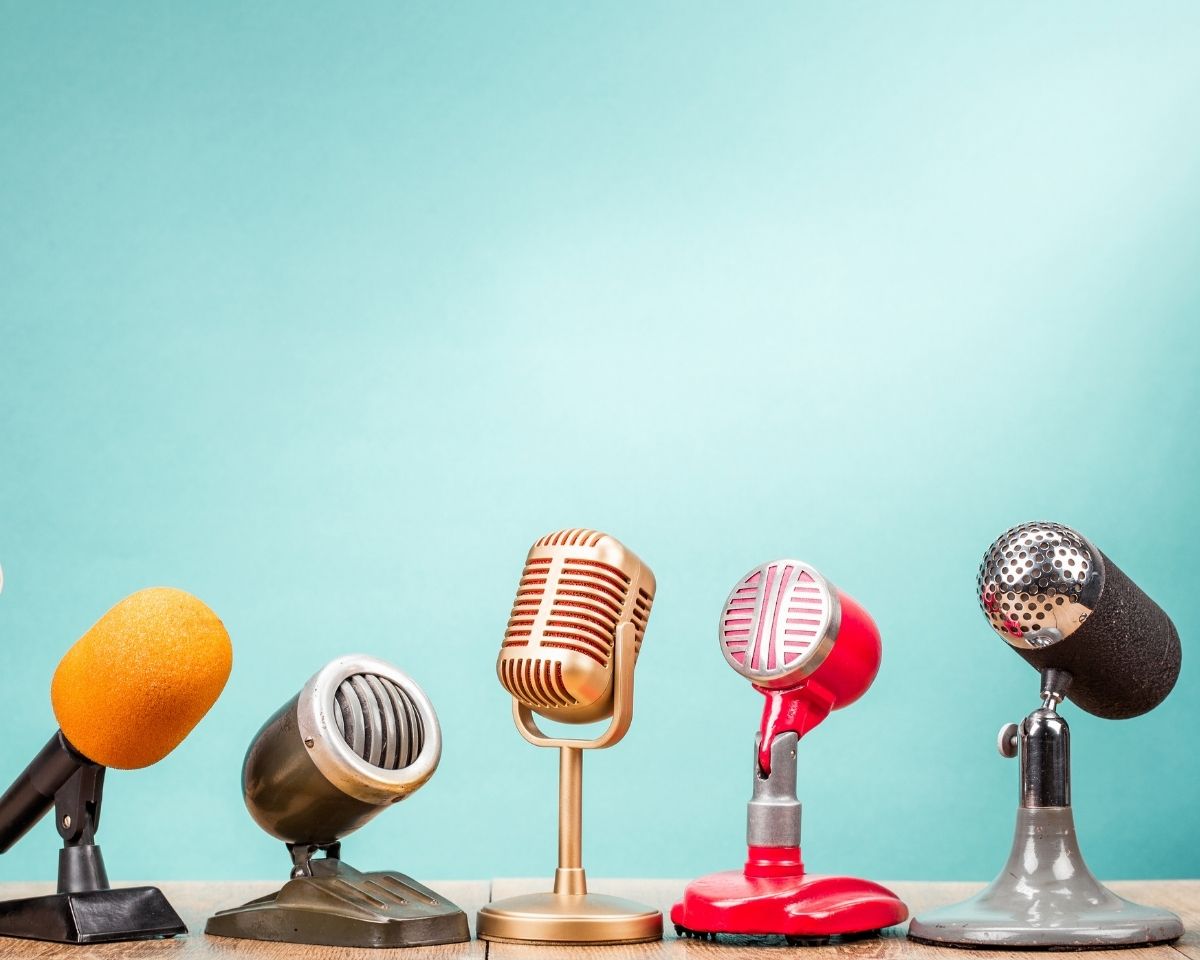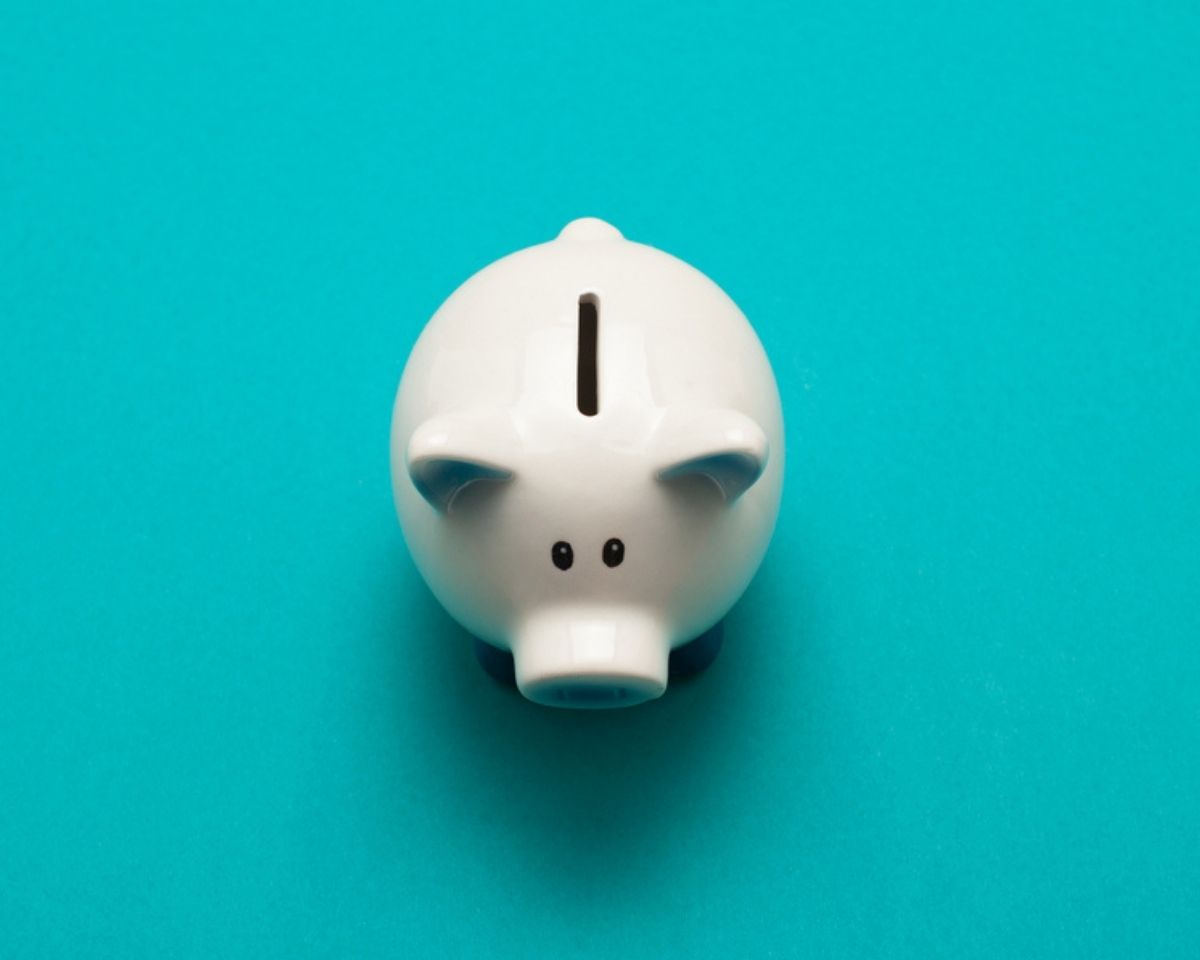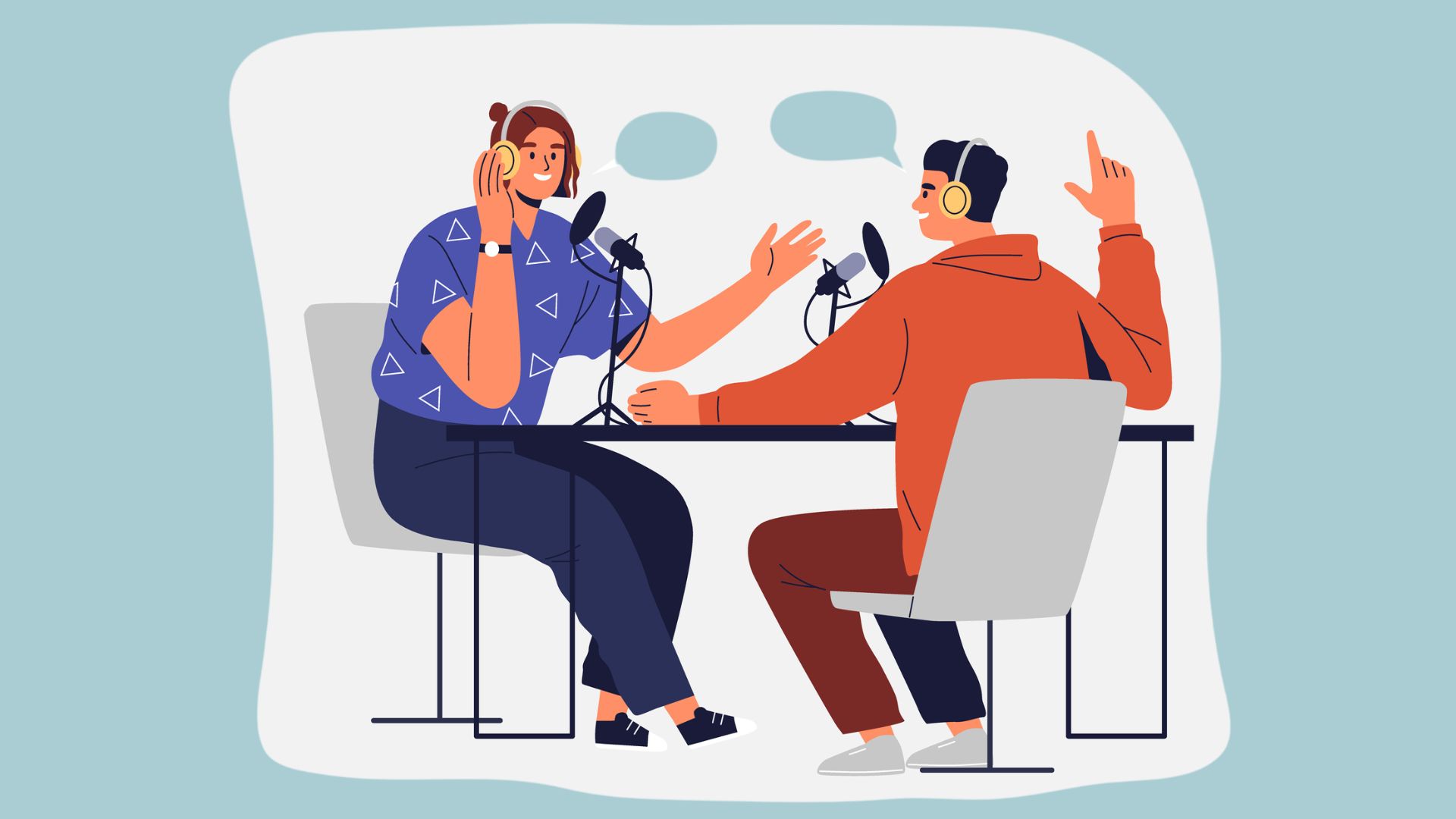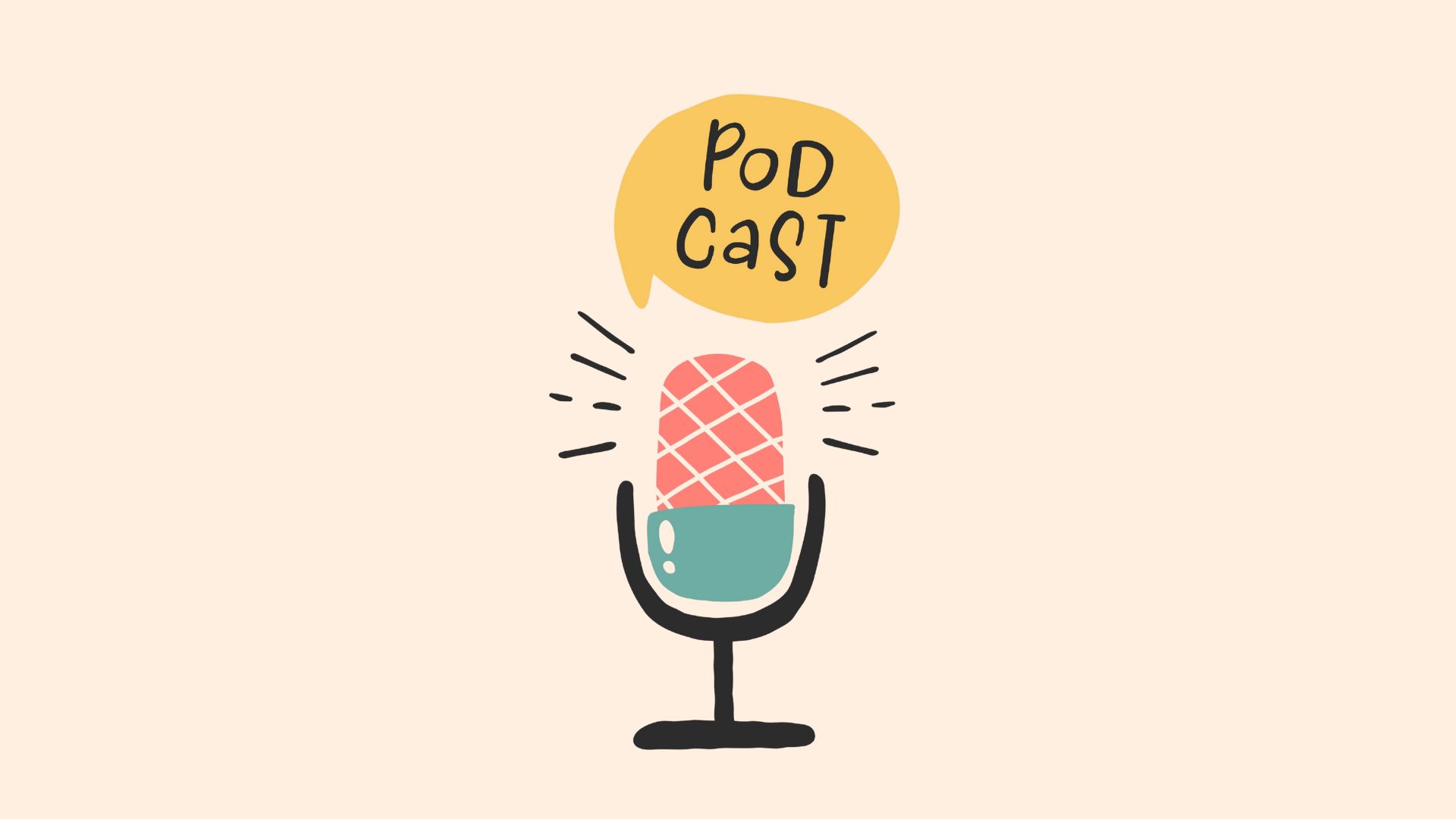How to avoid the dreaded ‘podfade’
Podfade is the inevitable consequence of jumping into a podcast you’re not prepared for.
And it happens when a show stops releasing episodes and fades into podcasting oblivion.
This is usually because the creator loses interest, realises their idea doesn’t have legs or because they seriously underestimated the amount of work it takes to release episodes consistently.
So how do you make sure your podcast doesn’t become another podfade statistic?
Want help starting your podcast? Download my FREE ‘How To Start A Podcast’ guide.
What are the statistics?
At time of writing, there are millions of podcasts out there but less than 11% have released an episode in the last 90 days.
That means the vast majority of them have technically ‘podfaded’ and are no longer releasing new episodes.
Some of these inactive shows are podcasts that were only meant to last a single season but most of them are podcasts that got a few episodes in only for their hosts to realise “This is a lot harder than I thought it would be!”
Podcast audiences take a long time to build, often much longer than you think.
And shows that are shouting about their ‘million downloads’ have often been publishing content consistently over a very long period of time to get there.
If you want to be one of those shows it’s essential to know what you’re getting into BEFORE you start so you don’t expect to have a million listeners and a million dollars after releasing three episodes.
Podcasting isn’t easy
People often let their shows podfade because they don’t realise how difficult it is to grow an audience and maintain consistency.
If you’ve already started your show you’ll know how much work goes into creating each episode.
But if you’re yet to launch I want to take you through a few ways you can avoid the dreaded podfade…
Make sure you know what you’re in for
It’s incredible that if you have an idea, you can buy some equipment and get your podcast in front of an audience in a relatively short amount of time.
But getting your show started is the easy bit.
Keeping a podcast alive is the part that can be difficult.
The more you know about how long it REALLY takes to get each episode into people’s ears, the better prepared you’ll be.
And the more likely your podcast will survive.
Practice before you go live
People think if they record an episode they have to share it with the world straight away. But you could be recording podcast episodes for years before you feel comfortable enough to press publish.
Not only will this time spent ironing out the kinks help you improve your presenting skills. It will also get you in the swing of how much time you need to plan, present, produce and promote your show.
If you do a dry run over a number of weeks or months you’ll get a sense of whether this is doable long term or whether you’ll be pulling your hair out by week two.
The content you create during your practice period also doesn’t need to go to waste.
If it’s strong enough you can bank those recorded episodes so when you do launch you’ll be way ahead of yourself.
Or if they’re not strong enough, at least you’ve rehearsed the content so you know what works and what doesn’t.
Having this in your back pocket will give you a buffer and decrease your chances of podfade because you won’t be working week to week.
Work out if you’ve got enough content to go the distance
One of the main reasons people’s shows podfade is that they run out of ideas.
Coming up with content consistently is incredibly taxing so the more you can do to set yourself up for success in this department, the better.
Before you start your show I suggest sitting down with a piece of paper and jotting down as many ideas as possible.
I often set myself a goal of 52 because that’s a year’s worth of content.
Obviously, that’s a big number to get to but if you start the process and find it pretty easy to get to 10 or 20 that’s a good indication you’ve got something there.
If you’ve written down two ideas and you’re struggling to come up with a third maybe this isn’t the kind of show you will be able to do week in, week out.
Batch record episodes
Batch recording is the process of recording as many podcast episodes as you can ahead of time so you’re not trying to get everything done week to week.
This is only possible with content that doesn’t date so if your show is based on news or current events this might not work for you.
But if you can get ahead of yourself it will help you avoid the content stress and burnout a lot of podcasters face.
Choose a topic you’re passionate about
There’s a lot of time-consuming stuff that needs to be done around your podcast so you need to be passionate about your idea or it’ll be hard to keep going.
This is especially the case when you’re podcasting to no one.
Building an audience takes time and consistency and that means you need to be showing up every week even if no one else is…yet.
This can be difficult if you’re not doing something you love and that’s a sure-fire way to find yourself in the land of podfade.
Don’t expect to make money
If you’re waiting for the dollars to roll in from day one you’ll be packing up your recording equipment up and moving onto greener pastures real quick.
You might be lucky enough to be one of the select few who monetises their show quickly but chances are it’ll only happen after you’ve been creating content for a long time. If it happens at all.
To monetise effectively you need to be getting around 10,000 downloads per episode.
And while that doesn’t seem like much it’s actually a huge mountain to climb and would put you in the top 5% of podcasts (podcast download numbers are much smaller than you might think).
To make your show something that will last long-term it has to be something you’re happy to do for free.
If this isn’t your mindset you’ll be disappointed and nothing leads to podfade quicker than disappointment.
Be strategic when planning your show
Not every idea is suited to consistently releasing episodes every week so think about what suits you and your content.
Your show might work best in seasons where you release 10 episodes then take a break to plan the next 10. Or your idea might work best as a single season and that’s it.
If you’re releasing your show in seasons you can also take a break in between to plan and record new episodes.
That way when you go live with the next season everything will be recorded and scheduled and the pressure on you each week will be much less.
If you’re going with this option it’s important to note that the best way to grow an audience is by releasing episodes consistently over time.
But, if this isn’t possible, releasing your show in batches like this will be better than not releasing it at all.
Be clear with your audience
Whatever you decide to do make sure you communicate clearly with your audience.
If you start out promising a weekly show and then disappear without explanation they’ll be pissed off and your reviews will reflect that.
However, if they know this is a single season, or that they’ll be getting 12 episodes and then you’ll be taking a break to create more, they won’t be disappointed.
There’s nothing wrong with dishing up your show in smaller batches or trying an idea for a season and moving on to the next one.
Just be open and honest with yourself and your audience, know what you’re getting into and you’ll be fine.
🎙️ Want to start a podcast but feeling overwhelmed?
Grab my free “How To Start A Podcast” guide or get step-by-step support inside my online course, PodSchool.
Got a question about podcasting? Send it my way so I can answer it on the podcast!
[spp-transcript]
